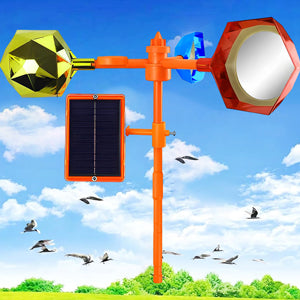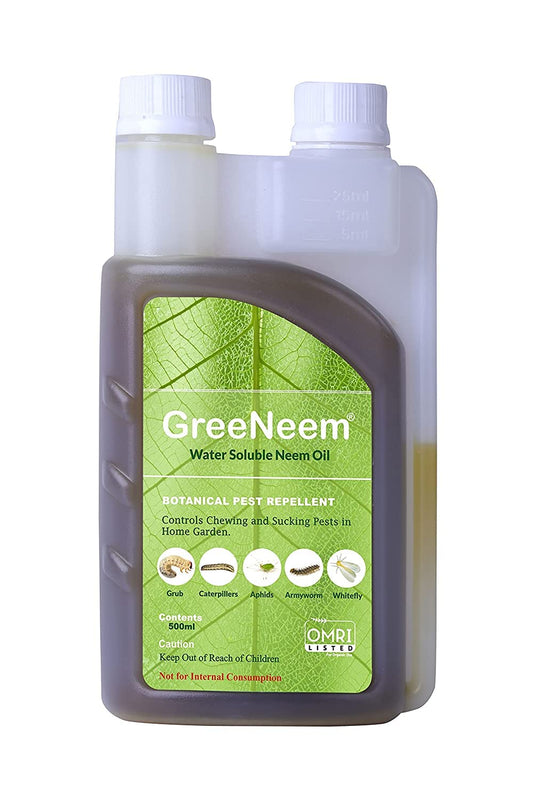
Honeybees: Nature's Tiny Titans for Thriving Farms
Share
Honeybees, those fuzzy, buzzing marvels, are much more than just honey producers. They play a vital role in our ecosystem, and for farmers, they're invaluable partners in ensuring bountiful harvests. Let's delve into the world of these winged wonders and explore how they can benefit your farm.
Why are Honeybees Important?
- Nature's Pollinators: Honeybees are responsible for a staggering 80% of insect pollination. They flit from flower to flower, transferring pollen, which enables plants to reproduce and bear fruit. This translates to a diverse array of crops relying on bees, from apples and blueberries to avocados and pumpkins. Without them, food security would be severely compromised.
- Economic Powerhouses: The global value of pollination by honeybees is estimated at a staggering €57 billion annually. In the US alone, they contribute $14.6 billion to crop production. As a farmer, this translates to higher yields and increased income potential.
- Environmental Sentinels: Healthy bee populations indicate a healthy environment. Their decline, unfortunately, signifies ecological disruptions. Protecting bees, therefore, contributes to a balanced ecosystem and sustainable agriculture.
How Much Yield Improvement?
Studies have shown significant yield improvements with adequate bee pollination. Here are some examples:
- Apple orchards: 30-40% increase in fruit set with good bee pollination.
- Oilseed rape: 30-40% higher seed yield.
- Almonds: Nearly 100% reliance on bee pollination, translating to dramatic yield differences.
Remember, these are just a few examples, and the exact improvement depends on various factors like crop type, weather, and existing bee populations.
Helping Bees Help You: Practices for Farmers
- Embrace Organic Practices: Reduce or eliminate harmful pesticides that harm bees and disrupt their delicate ecosystem. Opt for natural pest control methods and encourage beneficial insects that prey on harmful ones.
- Create a Bee Haven: Plant a diverse bee garden with a variety of blooming plants throughout the season. Include native wildflowers, herbs, and flowering trees and shrubs. Focus on plants with UV patterns, attractive to bees' invisible sight.
- Provide Water Sources: Set up shallow dishes filled with clean water and stones for bees to rest and drink. Consider adding pebbles to prevent drowning.
- Minimize Disturbance: Leave natural nesting sites like hollow logs or build bee hotels. Avoid disturbing established bee colonies and prioritize non-invasive management practices.
Beekeeping as a Business:
While beekeeping requires dedication and learning, it can be a profitable venture. Here's what you need to know:
- Start small: Begin with a few hives and gain experience before expanding.
- Learn the ropes: Take beekeeping courses, join beekeeping associations, and connect with experienced beekeepers for guidance.
- Market your products: Sell honey, beeswax, and other bee products at local markets, online platforms, or directly to consumers.
- Consider pollination services: Offer pollination services to nearby farms for additional income.
Remember:
- Taking care of bees isn't just good for your farm, it's good for the environment and the future of our food system.
- Start small, embrace organic practices, and be patient. As your bee population thrives, so will your farm and our planet.
Together, let's create a world where bees buzz happily and farms flourish!















